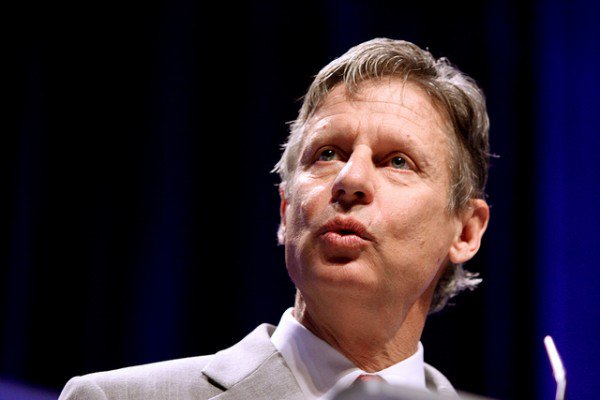Activist Delivers Comments to Presidential Debate Commission


The Commission on Presidential Debates, the private corporation established by Democrats and Republicans to organize and moderate the presidential debates, is currently being petitioned by concerned citizens to invite third party candidates to the 2012 presidential debates.
Because the CPD provides no method for citizens to voice their opinions regarding third party inclusion in the presidential debates, activist Rick Stewart has traveled all the way to Washington, DC to hand deliver messages to the CPD's office.
Stewart set up his computer and printer in the Soho Tea & Coffee shop near the CPD's headquarters and prints hard copies of e-mail messages and Facebook comments to the presidential debate commission. These are put in individual sealed envelopes, then delivered directly to the CPD every weekday afternoon.
To have comments and suggestions delivered to the CPD, Rick urges fellow activists to e-mail them to HelpTheCommission@gmail.com or join the Facebook group named 'Help The Commission on Presidential Debates do its job,' and make a post there.
“The Executive Director of the CPD, Janet Brown, recently stated that 'the debates belong to the people' and I am just doing my job as a citizen to ensure that the Commission doesn't stray from their mission to provide the best debate information possible to the people,” said Stewart.
After months of petitioning the CPD to invite third party candidates to the debates, including a letter sent from the Libertarian Party candidate Gary Johnson, a 2400 signature petition on change.org, and hundreds of emails to the executive director and board of directors, the only response from the CPD regarding the invitation of third party candidates came from Janet Brown in July, stating that no decisions have been made and that those lobbying are “making assumptions about something that has not happened.”
In 1992, Ross Perot was the first, and as of yet, only third party candidate to receive an invitation since US presidential debates began in 1960.


